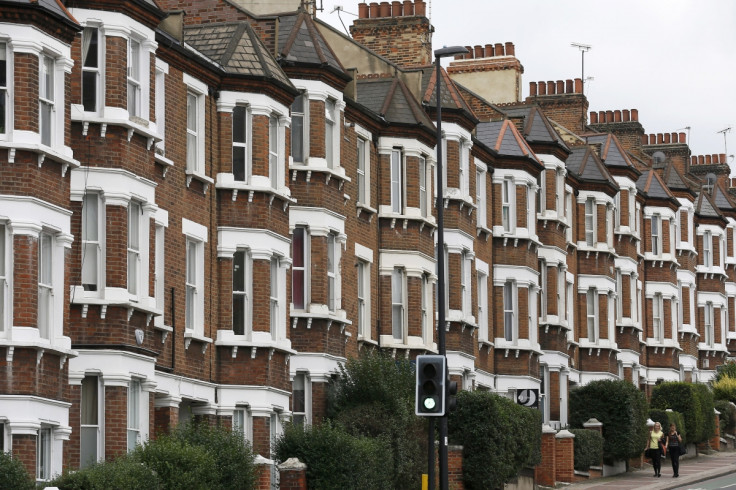UK House Prices Reach All-Time High

The UK's official house price index has hit a record high amid concern over the stability of the country's bloated housing market.
According to the Office for National Statistics (ONS), UK house prices rose by 9.9% in the year to April 2014, hitting an average of £260,000 and taking the data agency's index up to an all-time-high of 197.5. This is 6.5% higher than the index's pre-financial crisis peak in January 2008.
Soaring house prices come off the back of a recovering domestic economy, cheap mortgages thanks to the ultra-low Bank of England base rate, and a severely constrained supply of homes.
But much of this price growth is powered by the housing markets in London, the southeast and east of England.
The ONS said the annual house price increase in London was 18.7% to an average of £485,000; the south east 8.9% to £320,000; and the east 8.5% to £269,000.
Excluding London and the southeast, UK house prices rose by 6.3% over the year to April 2014, reaching an average of £199,000.
The slowest growth seen in all regions of the UK was Northern Ireland, which registered a 2.6% rise in the average to £132,000. Northern Ireland's house price index reading of 142 is almost 50% lower than its pre-crisis peak.
There is a recovery across the whole of the UK housing market. But some areas, such as London, are seeing particularly rapid house price growth.
This is fuelling concern that a credit bubble is forming in some areas. Higher prices mean buyers take on larger debt, stretching their finances to make the repayments.
One of the reasons they can cope with higher debt is because the repayment costs have been brought down by the Bank of England's record-low base rate of 0.5%.
When the Bank of England hikes this rate, which it has said it is almost ready to do as the UK economic recovery strengthens, there is the risk that higher interest rates will make debt repayments unaffordable for some people – sparking defaults.
Two of the UK's biggest banks, the Royal Bank of Scotland (RBS) and Lloyds Banking Group, have already announced self-imposed mortgage caps. Both will only lend out four-times an applicant's income on mortgage lending of over £500,000.
And the Financial Conduct Authority (FCA), the banking sector watchdog, is making lenders carry out tougher affordability tests on potential borrowers.
The Bank of England's financial policy committee (FPC) also has the power to step in and cap mortgage lending if it thinks the housing market is getting out of control, something policymakers have said they are ready to do if risks worsen.
© Copyright IBTimes 2025. All rights reserved.






















